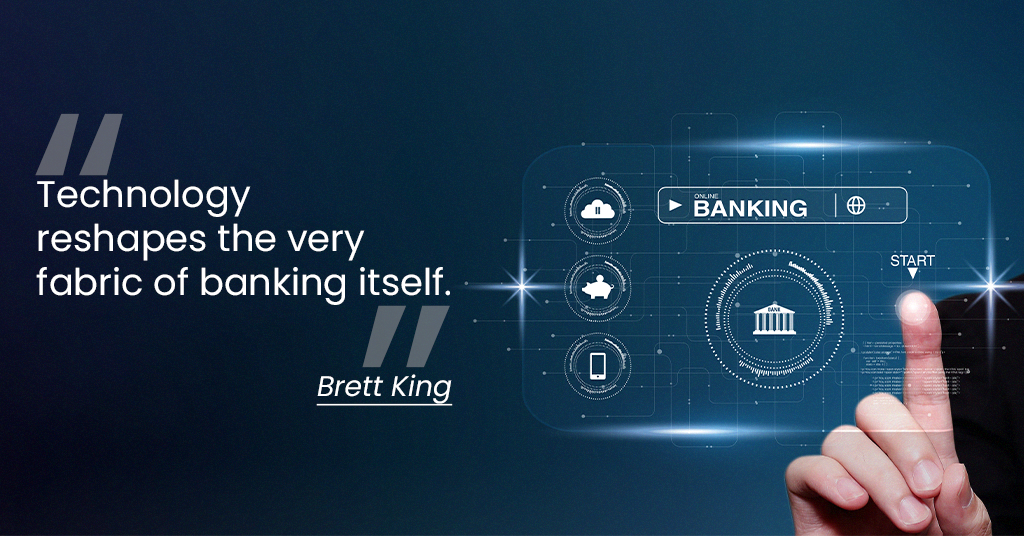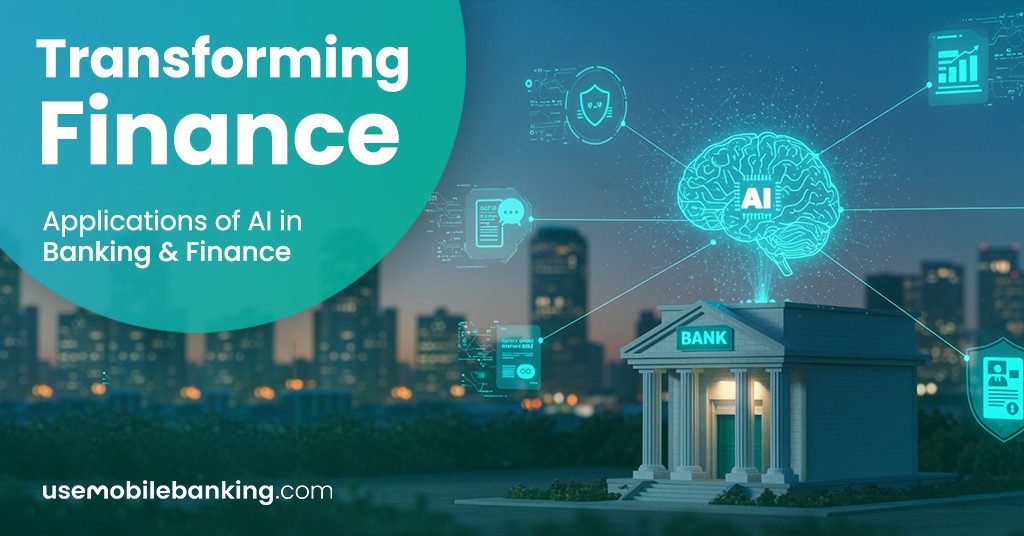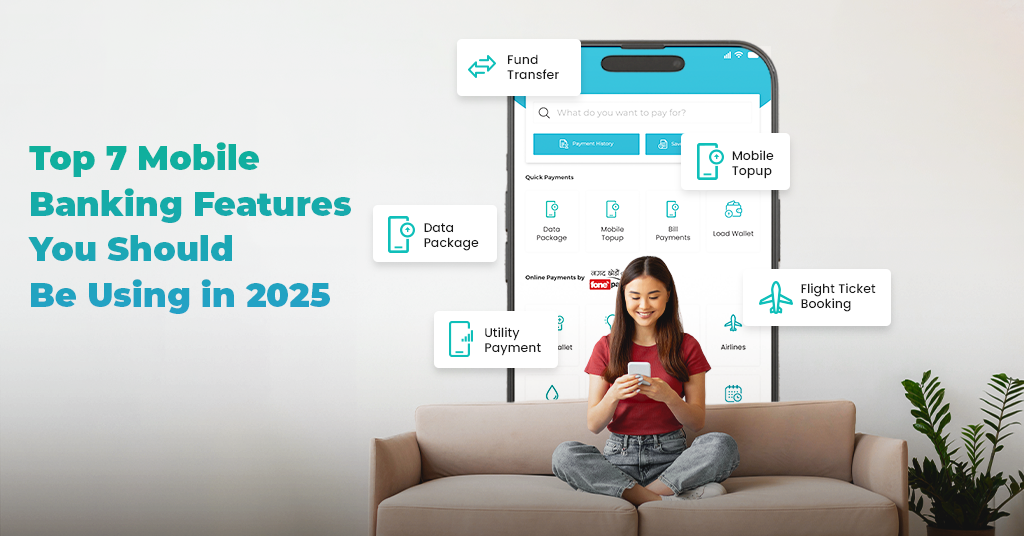In the dynamic world of modern finance, we find that people’s finances are all over the place, with individuals owning multiple bank accounts and the ever-changing vulnerability of finances in Nepal. However, in such tumultuous times we find one constant that persists as pointed out in the podcast ‘Banking Transformed with Jim Marous’: individuals shying away from discussing their financial struggles.
If people don’t want to talk about their finances then how are they managing them? How likely are people to reach out to physical bank branches, and hands on manage their finances? Sure they have automated services, online banking, financial advisors, but what if we could offer all that through one interface? What if from this core problem we can generate a solution? What if we could do that through Artificial Intelligence (AI) in digital banking?
The rise of AI
Digital banking is continuously progressing with advancements in technology. Artificial Intelligence is one of the rising stars in technology, and it has the potential to make a huge impact in the digital banking industry. According to Allied Market Research, the global AI in banking market was valued at $3.88 billion in 2020, and it is projected to reach $64.03 billion by 2030, with a compound annual growth rate (CAGR) of 32.6% from 2021 to 2030. The COVID-19 pandemic hugely affected the market's growth due to increased remote work practices and the rapid adoption of AI and machine learning tools in banking organizations worldwide.
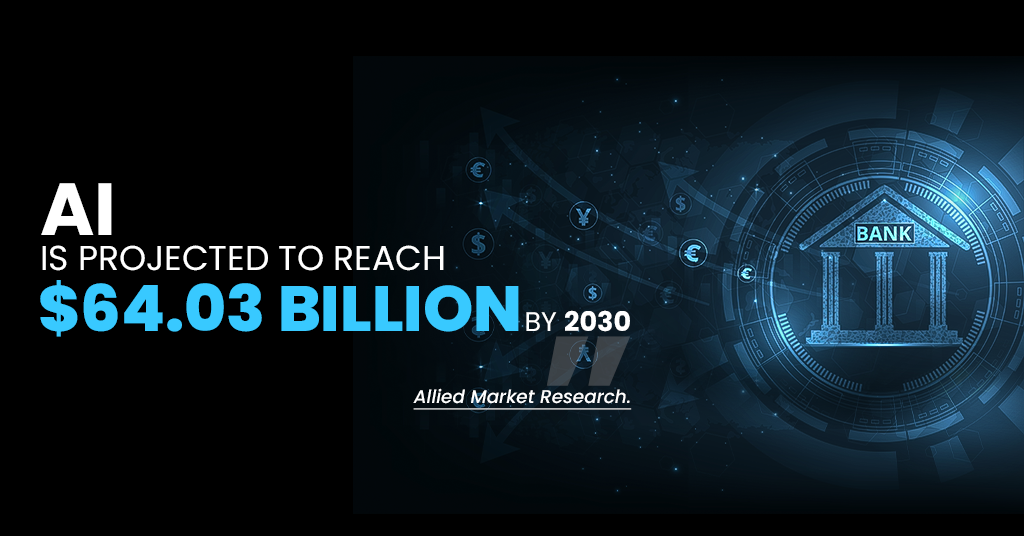
Redefining the utility around banking
Taking advantage of the opportunity, we can explore potential solutions. The question is: do we focus on simplifying the current tasks of banking or do we consider the possibility of surfacing the core utility of the bank. Applying first principles thinking here as Elon Musk, Business Magnate and Investor defines, “you kind of boil things down to the most fundamental truths […] and then reason up from there.”
Instead of just streamlining the process is there a way we can replace the utility?
The heart of AI's contribution to banking resides in its ability to metamorphose core services- storing value, transferring funds, and accessing data. Reinventing this through First Principles Thinking where instead of looking to simplify the procedural, we break down the process and look at its basic core from where we formulate if a new solution is possible. The future of banking lies in reimagining these services.
An example of applying first principles theory to create better utility is Apple Card. Taken from Apple official website: “Apple Card. It’s everything a credit card should be.” Basically, it's designed to work seamlessly with Apple devices and services, including the Wallet app on iPhones. The card offers various features such as a digital-first approach, cashback rewards, and transparency in terms of fees and interest rates. Users can easily apply for the Apple Card through their iPhone, and once approved, they can use it for purchases from physical stores and online.
Apple Card avoids many of the typical annoyances connected with traditional credit cards, such as unclear fees and complicated interest calculations, with a customer-centric design. Additionally, the client experience is improved by digital integration by utilizing Apple's wallet to effortlessly integrate the product with their digital lives. This has all been done by redesigning the credit card experience from its fundamental elements; its utility.

Now, furthering this in the banking sector, comes AI. Amplified by the craving for a more credible and empathetic engagement with banking itself, we can further develop AI to enhance customer services integrating ‘Roboadvisors’. Robo-advisors are automated digital platforms that provide algorithm-driven financial advice and investment management services with minimal human intervention.
Or, something similar to how India utilized AI to introduce voice-activated digital payments in rural areas. The country's Universal Payments Interface (UPI) is extensively utilized but encounters challenges when trying to reach remote regions due to limited internet access and literacy. According to Pymnts, the Reserve Bank of India has unveiled a plan to enable payments using AI-powered speech recognition. This technology empowers users to issue verbal transfer instructions through their phones. Initially available in English and Hindi, the system will eventually encompass other languages. Furthermore, users will have the ability to perform transactions utilizing near field communication technology even without internet access, effectively addressing the connectivity issue in rural areas.
Empowering People: AI's Core Mission
At the heart of this transformation lies AI's profound promise: empowerment. By cultivating trust and enabling a deeper grasp of users' perspectives, AI can adeptly tackle their concerns. The challenge lies in striking the delicate equilibrium between harnessing AI's capabilities and securing user control. A symbiotic partnership between humans and AI must be established, enabling the joint creation of solutions that transcend generations and make an impact. AI's role should be as an enhancer of efficiency, rather than a usurper of human roles, fostering empowerment beyond existing boundaries.
AI in Apple empowers users through Siri, its virtual assistant. With Siri you can ask a question and Siri will provide you with more accurate and reliable information than those you can get by asking other humans. Siri assists with tasks, reminders, and information, making daily life more efficient. Here we can see AI's ability to enhance users' capabilities and provide seamless assistance.
The march of digitization has infiltrated every facet of living, reshaping processes and potentials, it is the same with banking. The traditional banking model's focus on products is giving way to a utility-centric paradigm. This shift mandates a rethinking of perspectives and behaviors. As emphasized by Brett King, technology reshapes the very fabric of banking itself.
AI's Fundamental Contributions
By scrutinizing behavioral patterns and propelling behavioral shifts, AI can provide augmented utility. Through data transparency, AI can integrate regulatory methods to compose an AI that is generated differently with each customer. This is similar to what ChatGPT is doing with generative AI. Depending on the prompt and how the question is phrased, ChatGPT, from the same resources can bring different answers. This is the essence of machine learning. With different phrases and prompts, ChatGPT learns the kinds of answers we are looking for and gradually over time gives more accurate results.
Now, imagine doing this in banking with Chatbots and Roboadvisors—each responsive AI personalized to the individual customer, negating the risk of identity theft. The personalized AI can then operate considering their respective user, sending suggestions tailored to that person's finances rather than the bank's. The AI would make the best decisions for the user. In some cases, this can uncover entirely new financial opportunities of which the user was not aware. As the user's finances grow, so will the AI's capacity to manage them.
Moving forward into the future, banking is destined to become more personalized. Even now, digital mobile payment systems, integrated with biometric authentication and artificial intelligence (AI), continue to personalize banking experiences. With additional mediums like omnichannel banking on the rise, the potential for enhancing user experiences appears significant.
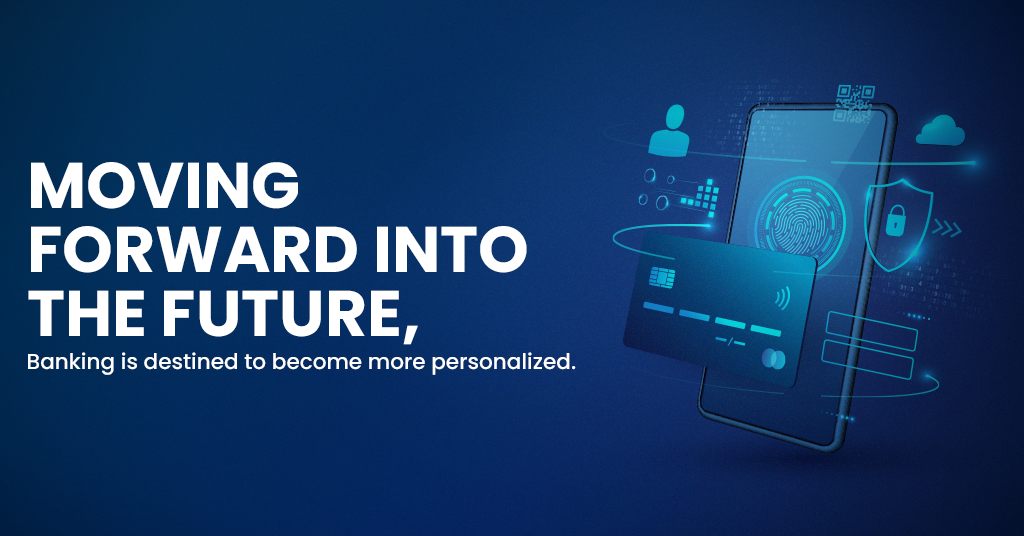
Revolution Defined by Core Transformation
Navigating this AI-driven revolution underscores the need for a change. The bedrock of banking, as we know it, requires a transformative overhaul. First principles thinking propels us to embrace change, to initiate anew, and to envision a banking landscape animated by utility, transparency, and trust. For anyone in the banking sector, we can see this happening with the neo banks and challenger banks.
In conclusion, crafting a model understanding involves a delicate dance between AI-human interaction, trust establishment, and first principles thinking. The journey towards redefining banking is well underway. Transparency, utility, and AI's prowess converge to empower individuals and reshape industries. The potential is vast, and the course is evident.


